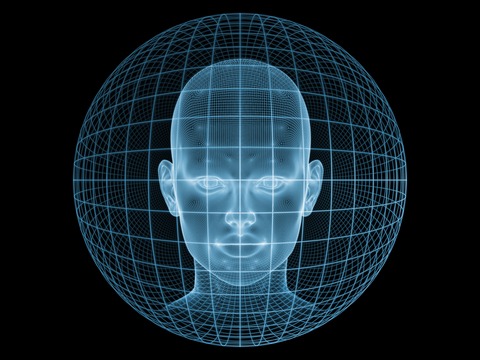[name removed], you say, “Written by me, ChatGPT and Bing.” Well, how can I, and others, understand your ability to research and understand your research, when A.I. is involved to the extend of textual formulation to mimic “something else” which we call intelligence?
A.I. optimists do not get it. No, we do not, “Get Out What We Put In.” It is not like the basic A.I. in teaching language, in which case the A.I. tool is completely instructional. In the case of A.I. in the research abuse, the A.I. becomes the “research language” where the sourcing of human intelligence is taken out, i.e. the sources of the works of science research, humanities research, and social science.
Hey, human, “don’t you get it”. A.I. optimists are appealing to the rotten values held by plagiarists.
This piece is not **research** nor **written** by A.I. Keep A.I. as a tool of research and not making the human the tool.
The issue comes from a discussion in the Philosophy of Science, Technology, and Mathematics Facebook Group.
Thus I had to come up with The Buch Test: A Updated and Reverse “Turing Test“. Copyright Reserved.
The Philosophical Research Problem: “how can anyone, on social media, know that ‘you’ are not A.I.?”
The answer is threefold,
1) full citations in the work;
2) demonstrate original thought in a minimal degree, i.e., explain what “you” learnt, and;
3) you are seen to be collegial.
All three conditions must be met to have evidence of the best probability of a human being at the other end, and not simply a machine. This is a updated and reverse “Turing Test”.
Featured Image: Perspectives of Mind. Mind-Reality-dreamstime_xs_45497563.

Perspectives Of Mind
Neville Buch
Latest posts by Neville Buch (see all)
- J. D. Vance’s Insult to America is to Propagandize American Modernism - July 26, 2024
- Why both the two majority Australian political parties get it wrong, and why Australia is following the United States into ‘Higher Education’ idiocy - July 23, 2024
- Populist Nationalism Will Not Deliver; We have been Here Before, many times… - July 20, 2024
